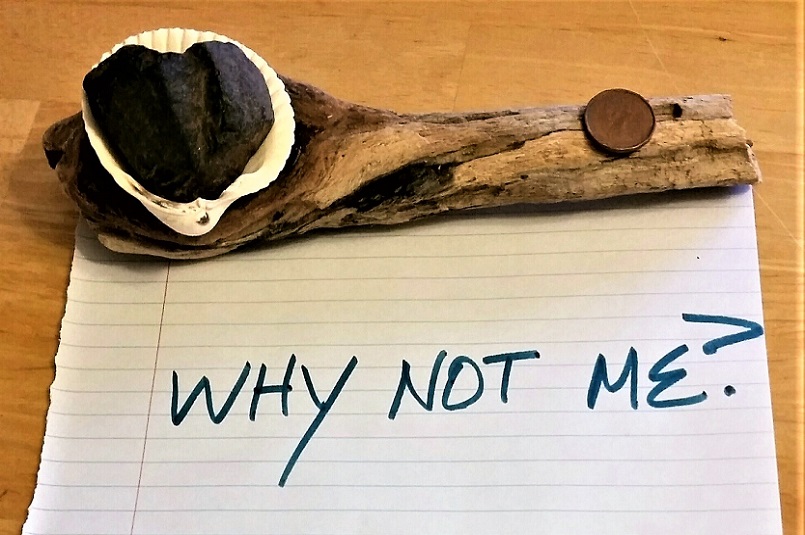Here’s a portion of a rejection letter I got for the earliest version of Ten Things in 2004: “Your story idea on autism does not meet our needs. We look for pitches that offer, at the very least 1) a compelling story that educators will find informative and enlightening, and 2) a story that relates in some way to a larger educational trend.”
This isn’t quite up there with Disney getting fired for not being creative enough, but it’s entertaining nonetheless. Today, Ten Things has sold hundreds of thousands of copies in 27 languages encompassing more than six billion people, and is available at thousands of libraries worldwide.
To have a fledgling dream or goal is too often to encounter armies of naysayers. It’s by no means exclusive to writers, but we know it well. “No one will read your book” or “No one cares what you have to say.” Years ago I met a charming young mom who wanted to write a book about her family’s experiences with autism. She wavered under remarks from friends suggesting she needed “a reality check” and that she was setting very high goals and it would be too hard because she wasn’t famous.
Listen up here. That wasn’t a reality check; that was a wet blanket, a fire extinguisher. If not high goals, what? Low goals, or no goals at all? I pity people whose thinking is so cynical and narrow that they feel the need to tear down their friends’ or family members’ dreams.

However, whatever our dream or goal, the choice is ours whether to buy into the naysaying and despair, or to learn from it and continue climbing. I was nothing but a mom with a pencil when I started writing. I took up Oprah’s challenge: “What would you do if you knew you couldn’t fail?” I knew the chances were good that I would fail. But I did it anyway. And whaddaya know, I didn’t fail.
And remember that it goes both ways. Other people’s dreams are not yours to stomp on. When my fifth-grade class had the usual career-day discussion of what everyone wanted to be, I said astronaut. The class hooted with laughter. Our teacher, Mrs. Lee, pulled herself up to her full imposing size and barked, “What’s so funny?” The class fell silent. “Why shouldn’t she be an astronaut?” The class silence deepened. She said no more and didn’t need to.
The message was clear, and as you can see, I’ve retained it all these years. It came back to me many decades later when I was writing a novel and starting to have doubts. A friend rescued me with a booming “Why NOT you???” I wrote it down and placed those words next to some found talismans: a well-worn penny, a heart-shaped rock, and a shell that cradles the rock perfectly. Why not me? Those three little words have remained by my side since.

Leave A Comment